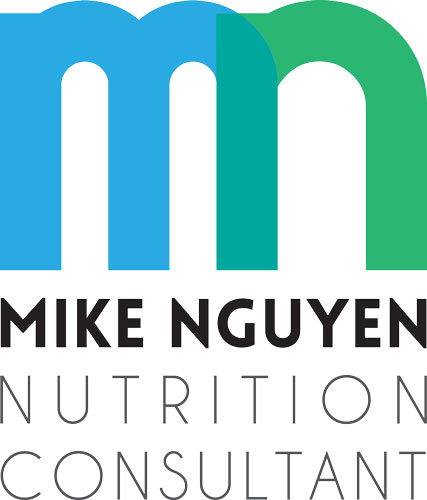By now we know to limit sugar intake for optimal health, but what can be tricky is that it can often be disguised as other names. And some of these aliases may even sound like healthier choices, but don’t be fooled. Sugar is still sugar and the body will not recognize one form as better or worse — especially if intake is not moderated. On your next grocery store trip, here are 5 forms of sugar you’re best to avoid altogether.
High Fructose Corn Syrup
This inexpensive form of sugar is aplenty in many packaged foods like cereal, juice, yogurt, sodas…you name it. And what makes it more harmful for our health is the fact that is it ultra concentrated — putting an extra burden on the liver. The liver is one of our vital organs responsible for detoxification and can handle a certain amount of natural sugars, but man-made forms like this are much more likely to convert to fat after the liver has done its job with them.
Sucralose
Sucralose is a zero calorie artificial sweetener and a favored choice for many looking to cut back on calories while sweetening their drinks or foods. Like many other artificial sweeteners, sucralose is controversial. Some recent studies, though not done on many people, have found that it could affect metabolism and gut health. Those looking for a safer, natural alternative might opt for stevia.
Agave Nectar
There is some controversy surrounding this sweetener. Some tout its natural, therefore healthy origins, while more recent findings see it as no different than refined white sugar. In fact, agave nectar, which is derived from the tequila plant can taste much sweeter than regular table sugar, despite some arguing that it’s lower on the glycemic index (this is still unfounded science). Though naturally derived from a plant, it is worth noting that the end product is high in fructose, which the liver will attempt to do its best to break down. Excess fructose will convert to triglycerides and our goal is to keep these levels within check.
Evaporated Cane Juice
While it may seem like a healthier option since it is derived from natural sugar cane, evaporated cane juice undergoes an extraction process, making it a refined product. The body does not decipher this form of sugar from white sugar and therefore will still affect insulin, a hormone which helps regulate blood sugar levels. Deceivingly, evaporated cane juice tends to be ubiquitous in natural and organic products at health food stores but even if it’s labeled organic, it is still sweet and carries with it sugar’s bad reputation.
Saccharin
Saccharin is not even a natural or naturally-derived sweetener like many others on this list — it is synthetic and manufactured in a laboratory. The appeal for many consumers is the fact that it does not contain any calories, carbs, and even looks like white sugar. While the jury is still out as to whether saccharin can cause harm if used long-term, many prefer more naturally-derived sweeteners which offer at least some nutrients. Natural alternatives to consider: stevia, coconut sugar, honey.
If Sweet Disguises: 5 Forms of Sugar to Avoid was helpful, please share this post with a friend so that they too may learn something from reading it.
And to read more about the dangers of sugar, click here.
Also, if you’ve yet to subscribe to my newsletter, you can do so here. This monthly newsletter is a great way to stay informed with nutrition news, tips and tricks, while also receiving free recipes and other giveaways from time to time. Don’t miss out!
Mike is a holistic nutritionist that helps people feel more optimistic about their health and wellness through changes in diet and lifestyle shifts.
He has authored posts and articles featured on MarthaStewart.com, today.com, and iVillage.com.
